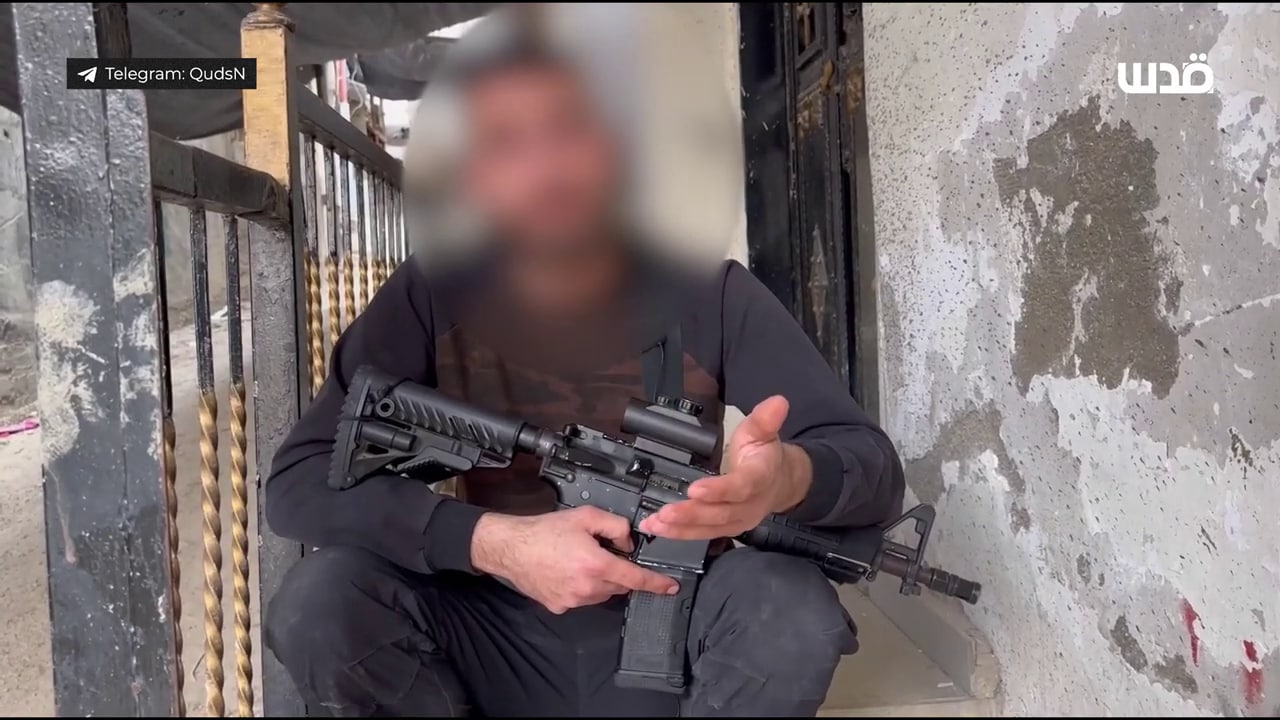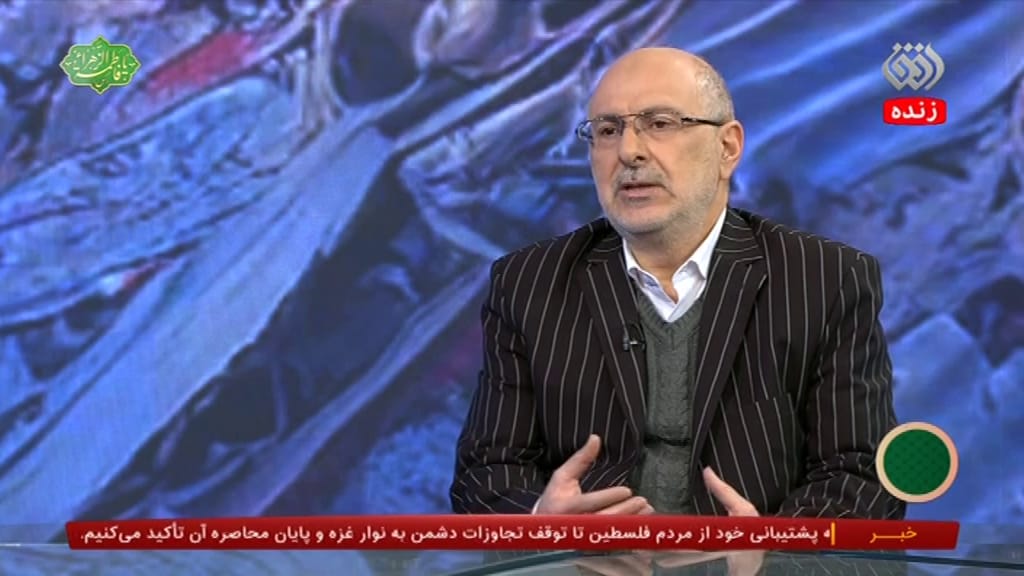
Ghazi Faisal, Iraq's former ambassador to France, said in an August 18, 2019 interview on Ur TV (Iraq) that Iran's regime is an outlaw regime because it does not respect the U.N. Charter's injunctions against occupation of and interference in the sovereign matters of other states. He criticized Iran for employing military means such as terrorist groups and the IRGC to do this, and he said that the theory of the Rule of the Jurisprudent leads to aggression and war. Faisal said that Iran has caused catastrophes in Lebanon, Argentina, and Latin America, and he argued that the almost $1 trillion that Iran has spent on the Iran-Iraq war, its weapons systems, and its nuclear program would have been better invested in peace and coexistence between Iran and Iraq and in the Iranian people and economy. Faisal predicted that Iran will collapse the same way the USSR did as a result of the arms race. He said Iran should replace its policies of aggression and terrorism with policies of coexistence and partnership in order to offer security and stability to the region, and he said that Iran should stop considering the Persian Gulf and the Strait of Hormuz to belong to it. He also compared Iran's ideology to the ideologies of Hitler, Stalin, and Mussolini, and he said they do not serve the interests of the Iranian people.
Following are excerpts:
Ghazi Faisal: The Iranian regime is an outlaw regime. It does not believe in the Charter of the United Nations. Article 2.4 of the Charter does not allow for occupation of states, changes to borders, violations of sovereignty, or interference in the sovereign matters of states. But Iran, in keeping with the military doctrine in its constitution, takes the liberty of interfering in the sovereign matters of other states, and it even employs military means and interferes by means of war. This is why I say that the theory of the Rule of the Jurisprudent leads to the establishment of a country of war and aggression. Iran uses terrorist organizations, in addition to its own ideological army, the IRGC. Here lies the catastrophe of Iran and its regime. This is why the United States designates Iran as the number one terror-sponsoring state. This description is accurate. The losses in Syria are estimated at $400 billion. In Lebanon, the situation is catastrophic because of the money laundering and drug trafficking, which is sponsored by Nasrallah and Hizbullah in Lebanon, Argentina, and Latin America. The Iran-Iraq war cost both sides $400 billion, and there were one million casualties. Had that money gone to development in Iran and in Iraq, we would not have reached this catastrophic situation and we could have built peace and coexistence between two countries that have been neighbors throughout history.
Iran has spent $500 billion on its missile and nuclear armament programs. It has spent $350 billion on the regional wars in the Middle East. If these $850 billion – almost one trillion dollars – had gone to the protection, defense, and development of the Iranian people, then today there would not have been 35 million Iranians below the poverty line, 50 million hungry Iranian who require food aid, or seven million young Iranians who have no job opportunities as a result of all the money spent on wars and on the production of missiles and tanks. This is similar to what happened in the Soviet Union. It embarked on an arms race and spent billions on becoming a nuclear superpower in order to create a balance of terror, but, meanwhile, its domestic economy collapsed. The collapse of the Soviet economy led to the collapse of the Soviet republics, of the Comecon organization, and of the Warsaw Pact, and we became a new world in 1990. Today, Iran is facing the same problem. It has missiles, it has a nuclear program, it has tanks with which it threatens the world, and it has terrorist militias, but its economy is collapsing and withering. Its economy is stagnant, yet it continues to threaten the world.
I think that this is why Iran must replace its policy of war, aggression, and terrorism with a policy of coexistence, partnership, and solidarity with the people. It should offer real opportunities – or real guarantees – for security and stability in the region. Iran must stop viewing the Gulf as Persian. It must stop viewing the Strait of Hormuz as Persian. The Strait of Hormuz is a very important area of international waters. It is subject to the international laws about freedom of navigation, but Iran arbitrarily considers this strait to be Persian. This kind of arrogance and this kind of dangerous violation of international law, of the Charter of the United Nations, and of the [norms] of the international community will not bring this regime to the safe haven of peace, development, liberty, and coexistence.
[…]
Hitler wanted to establish a national state, but he ultimately brought ruin upon the German people and upon other nations that he occupied. The same holds true for Stalin and Mussolini. The fascist Nazi ideas that emerged in the world are today resurfacing in the form of an extremist sectarian ideology, and these ideas, too, are bound to end in a catastrophe that will not serve the interests of the Iranian people and the future of Iran.













